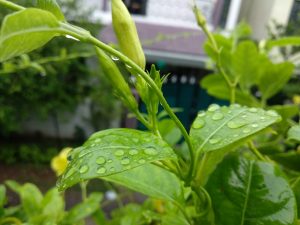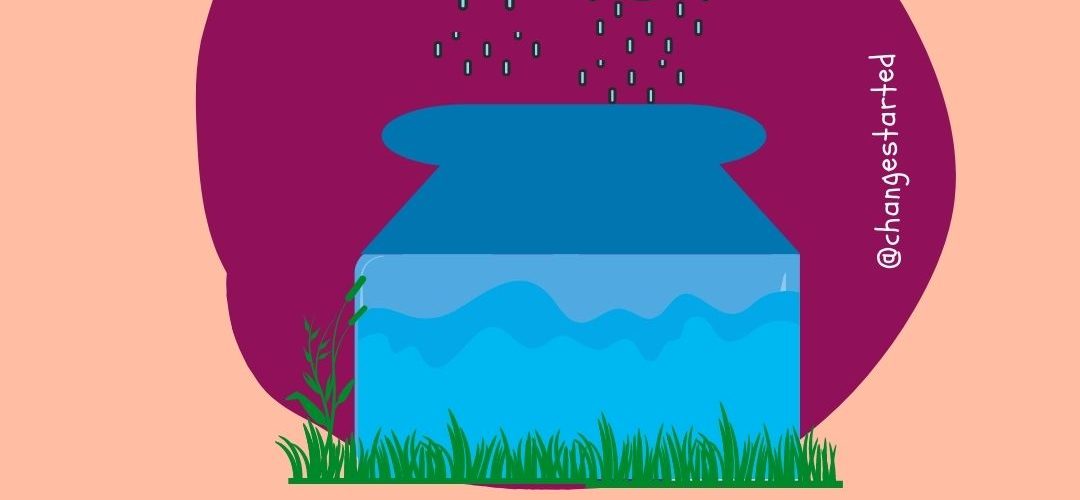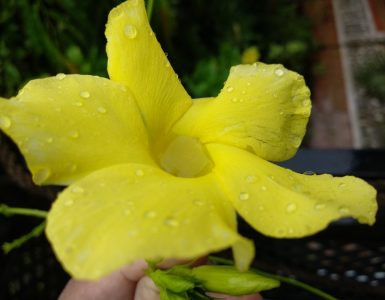Rain is not only drops of water. Its the love of sky for the earth. They never meet each other but sends love this way.
What a waste, if we get this love go do the drain
Burgeoning population, heavy industrial use, high consumption in the meat & poultry sector, and climate change has led to a scarcity of water across the globe.
UN predicts that by 2040, the world will only have half the water it needs. Hence it becomes pertinent that we find ways to conserve water.
Rainwater harvesting is an excellent practice for conserving this precious resource. Collecting and recycling rainwater is a useful way to serve Mother Earth and take responsibility for maintaining a healthy environment.
Nowadays, it’s observed that people from all around the world are taking major steps to steps to recycle rainwater and use it in their homes and become environmental-friendly. The practice of rainwater harvesting also reduces the resources needed to bring water to your home and decreases the amount of your water bill.
Benefits of rainwater harvesting
- The process of collecting rainwater at home is absolutely free, and all that’s required is a method to harvest the falling rainwater into a cistern or tank for storage and later use.
- Storing and collecting rainwater reduces your overall water bill, which is annually paid to municipal corporations.
- There is a high dependence on imported water for people residing around societies or apartment communities. The act of collecting rainwater reduces the dependency on imported water, along with the cost.
- The design, creating, and installing rainwater collection systems can generate employment opportunities and push future economic growth.
- During the summer season, the water saved from rainwater collection can be used for critical and emergency situations.
Rainwater harvesting methods
The cost of installing a rainwater harvesting or collection system in an individual house or building is quite feasible, as it ranges from Rs 2,000 (US$ 30) to Rs 40,000 (US$ 600). The installation system can be obtained by any individual, depending upon their budget. It’s quite easy for anyone to learn how to recycle rainwater and use them to meet various needs in their homes.
Most of the commonly-used techniques of rainwater harvesting are:
- Rain barrel:
The most common water-preserving method is to use a rain barrel to collect rainwater. You can find many rain barrels at a nearby home improvement store or an online retail store. Further, it’s also easy to construct a rain barrel that’s convenient for the size of your home and building.
- Rainwater collection system:
There’s also the option of installing a rainwater collection system, which contains large tanks and is placed underground. During rainfall, the water enters the collection system, gets filtered, and is stored in the tank. And, you can pump the water out during times of need.
Protecting the collected rainwater
The rainwater collected is primarily pure, however, there is always a possibility of rainwater getting mixed with various pollutants, debris, and microorganisms while hitting the roof. This is the reason why the system used for rainwater collection and storage is fitted with filtration and safety measures to ensure the quality of the water.
It’s also vital to ensure that your barrel contains a cover on the top to keep different animals, mosquitoes, and children away.
Uses of collected rainwater at home?
Once after collecting rainwater, it can be used for various purposes at your home. A few of them are:
- Cooking and drinking:
According to research findings, rainwater is considered to be one of the highest quality of water that can be directly used for human consumption. It’s comparatively pure and uncontaminated and has no elements of chlorine or other substances, mostly used by municipal corporations to sanitize the water in the containers.
Further, there are a few systems available in the market that allow the collected rainwater to be used directly for drinking and cooking without distilling or boiling it.
- Bathing and washing clothes:
Many reports have suggested that washing clothes amount to nearly 1/4th of the total indoor water usage in developed countries and bathing account for almost 20%. Citing the proportions mentioned in the report, an individual can decide to use collected rainwater and reduce 40% of the usage of municipal water.
- Watering houseplants, lawns, and gardens:

Natural rainwater is best suited for the growth of plants, and the collected water can be used for the indoor and outdoor gardens of your home. You can use any suitable watering can to water all your plants by hand. Further, you can also opt for attaching an automatic irrigation system by connecting it to the rainwater storage tanks. The fertility in your soil can also be maintained by installing passive systems to conserve and store rainwater.
- Water for wildlife and protection from fire:
If you happen to be residing in an area that is around forests and prone to bushfires, then collecting rainwater will be a smart way to avoid any future mishaps and ensure the availability of enough water for the existing wildlife. The only prerequisite to ensuring the accessibility of water quickly is by installing a good pump system.
- Water for general cleaning
Mopping floors, common areas like stairs or verandahs, cleaning cars and vehicles, and flushing toilets are some other general-purpose cleaning methods that we can easily incorporate during the rainy season.
A few other uses of rainwater are rinsing vegetables, composting, washing equipment and vehicles, general household cleaning, and maintaining outdoor features like fountains, pools, ponds, etc.
Wrapping Up
Considering the ongoing green infrastructure movement, recycling rainwater has the potential to lead the movement of sustainable environmental practices. Therefore, every individual can contribute to this movement, which will be a huge stride toward protecting our environment.
Further Reading: How Can You Save Water in the Monsoon?
Here is a video on how can we save water in our homes.
“When the well is dry, we know the worth of water.” – Benjamin Franklin






Add comment